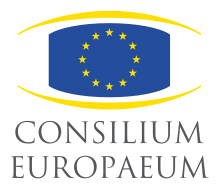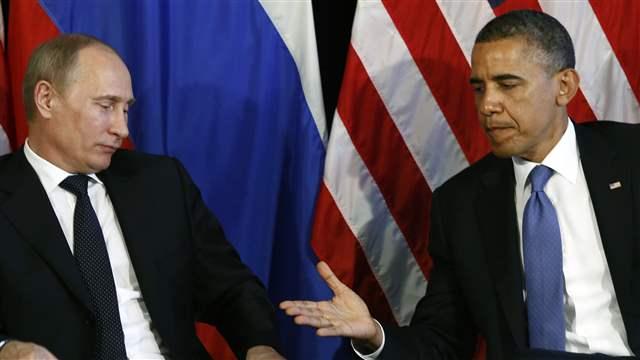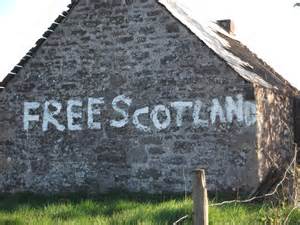Role: Coordinating policies and adopting laws
Members: 28 Ministers (One per EU Member State)
Location: Brussels
President: Each EU state will hold a six-month rotational presidency
The Council of the EU is often referred to as the Council of Ministers, or the Council. This should not be confused with the European Council, or the Council of Europe; which is not an EU body.
The Council is made up of 28 Ministers, and they are the voice of EU Member States. Each member has the authority to commit their governments to the actions agreed on in the Council meetings. Together with the European Parliament, the Council negotiates and adopts EU legislation based on the proposals from the European Commission.
The Breakdown
The Council regularly holds meetings that are attended by one minister from each EU state government. These gatherings are led and chaired by the Presidency of the Council, which rotates between all Member States on a six-month rotation. The only meeting the Council Presidency does not chair is that for foreign affairs and security polices.
The purpose of these meetings is to discuss, revise, and adopt EU laws. Additionally, the Council coordinates Member States’ policies.
The same 28 Ministers do not attend every Council meeting. The participating ministers depend on which subject is on the agenda. This is referred to the configuration of the Council. For example, if the agenda is on Justice and Home Affairs, the Justice and Home Affairs Minister from each EU states will attend the meeting.
The decisions in the Council are determined by a qualified-majority vote, unless it is for some treaties that require a different procedure. The larger the population, the more votes the Member State has.
Functional Roles
- Negotiate and adopt EU laws: The Council acts on a proposal from the Commission, which is jointly adopted by the Parliament.
- Coordinate EU states’ policies: The Council coordinates policies in specific fields, such as education, culture, youth and sport, employment policy, and economic and fiscal policies.
- Develop the EU’s foreign and security policy The foreign and security policy are defined and implemented on the basis of the European Council and the Council acting unanimously. With the High Representative of the Union for Foreign Affairs and Security Policy, the Council aims for the EU’s external action unity, consistency and effectiveness.
- Concluding international agreements: Each year, the Council officially signs a number of mandates between the EU and non-EU states and international organizations. On the basis of a proposal from the Commission, the Council decides on the signature and conclusion of the agreement. The Council will also adopt the decision to conclude the agreement after the Parliament gives its consent as a co-decision power. All EU countries then ratify the agreement. These agreements can cover broad areas such as trade and development, or more specific topics such as fisheries and textiles.
- Adopt the EU budget: The Council and the Parliament jointly decide on the EU’s annual budget.




